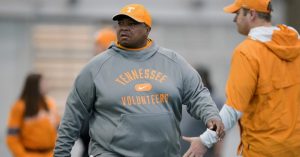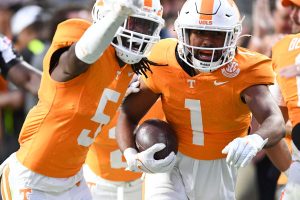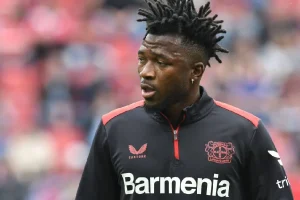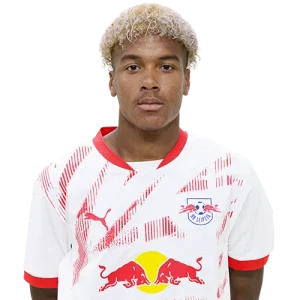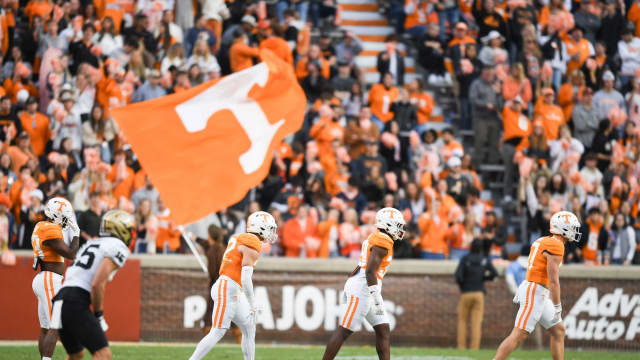
The Tennessee Volunteers play a pivotal role in a fresh federal lawsuit challenging the NCAA’s limitations on NIL.
Tennessee Attorney General Jonathan Skrmetti and Virginia Attorney General Jason Miyares filed a lawsuit against the NCAA in a federal district court in Tennessee. They argue that the NCAA is violating federal antitrust laws by restricting name, image, and likeness (NIL) opportunities for college athletes and prohibiting pay-for-play inducements. According to the attorneys general, the NCAA’s actions hinder prospective college athletes from discussing potential NIL opportunities before they enroll, which obstructs competition among NIL collectives and other providers. Consequently, these athletes are unable to receive their full, fair-market value for their NIL rights. The AGs accuse the NCAA of disregarding the law in this matter.
The lawsuit arises amidst reports of the University of Tennessee facing yet another NCAA investigation, adding to a series of inquiries. Media outlets indicate the investigation focuses on the connection between the university’s NIL collective activities and its recruitment of Volunteer athletes. Specifically, allegations suggest that UT’s starting quarterback, Nico Iamaleava, was flown on a private jet provided by the Volunteer Club, associated with a Knoxville-based marketing agency called Spyre Sports Group. Attorney Tom Mars, representing Spyre Sports Group, stated that their contractual arrangement with Iamaleava was separate from the university’s athletics program.
Skrmetti and Miyares critique what they view as a problematic NIL policy within the NCAA. While the NCAA ostensibly permits college athletes to earn money through NIL without rule violations, it prohibits NIL opportunities considered “recruiting inducements.” Thus, a collective cannot tie NIL opportunities to an athlete’s attendance at a specific school without risking the athlete’s eligibility or drawing NCAA scrutiny.
The authors also emphasize the significant revenue college athletes generate for the NCAA and its affiliates, arguing that athletes, like other stakeholders, should have the right to negotiate their own rights without restrictive regulations.
Consequently, the attorneys general seek an injunction to prevent the NCAA from enforcing its “NIL-recruiting ban,” allowing prospective college athletes and transfers to engage in NIL discussions before enrollment. They also aim to have the ban declared a violation of Section 1 of the Sherman Act.
To reinforce their case, the attorneys general reference NCAA v. Alston (2021), where the U.S. Supreme Court clarified that the NCAA’s rules are not entitled to special treatment under antitrust law. While Alston did not directly involve pay-for-play or NIL, they highlight Justice Brett Kavanaugh’s concurring opinion, which criticized the NCAA’s practices as anticompetitive, suggesting they would be unlawful in any other industry.
The fundamental antitrust issue facing the NCAA revolves around its regulations that limit economic opportunities for athletes, which are established by NCAA member schools and conferences. These members, acting as competing entities, engage in activities like vying for students, faculty, and grants. Antitrust law prohibits competing businesses from colluding in ways that harm economic competition, including aspects related to college athletes. By enforcing rules that restrict athletes from receiving compensation beyond their grants-in-aid, the NCAA and its members engage in a form of “horizontal price fixing,” preventing athletes from obtaining their true market value.
In Ohio v. NCAA, a federal judge intervened against the NCAA’s restriction on college athlete transfers, highlighting the unreasonable interference with athletes’ ability to pursue opportunities that enhance their well-being, including potential economic gains like Name, Image, and Likeness (NIL) opportunities. Similarly, the Attorney Generals argue that the NCAA’s restrictions on NIL opportunities mirror this problem by hindering players from maximizing their value through college sports participation.
The NCAA possesses various legal defenses. It aims to distinguish the core legal argument in specific cases from others that led to legal defeats, downplaying the relevance of precedent. Although the Supreme Court unanimously ruled against the NCAA in Alston, the case specifically addressed restrictions on education-related expenses, not NIL or pay-for-play issues. While some justices expressed concerns about the legality of pay-for-play restrictions under antitrust law, the Court’s ruling was narrowly focused. The NCAA may argue that its rules serve legitimate amateurism goals and are reasonable restraints.
Moreover, the NCAA could portray the plaintiffs as representatives of influential state universities, highlighting the contractual agreement among member institutions to abide by NCAA rules. The lawsuit coincides with broader challenges to the NCAA’s amateurism model, including potential reclassification of college athletes as employees under various labor laws and significant financial liabilities from ongoing litigations.
In addition, the history of UT’s interactions with NCAA violations underscores the complexities and controversies surrounding collegiate sports governance and compliance. The school has faced scrutiny and penalties related to infractions involving both basketball and football programs over the years, illustrating the ongoing challenges in maintaining compliance within the NCAA’s regulatory framework.
